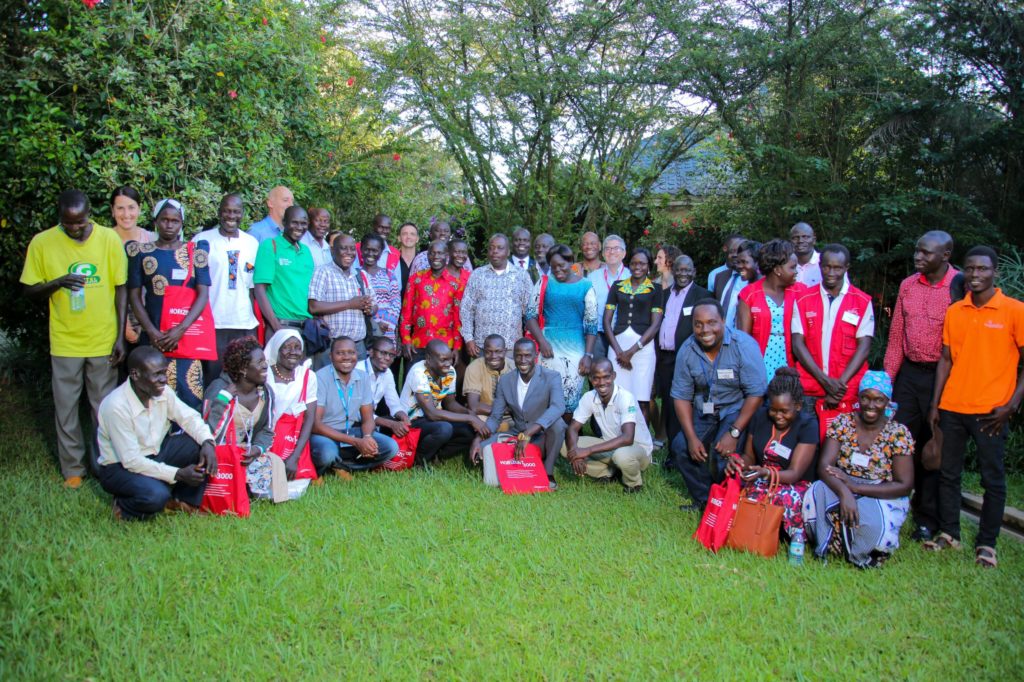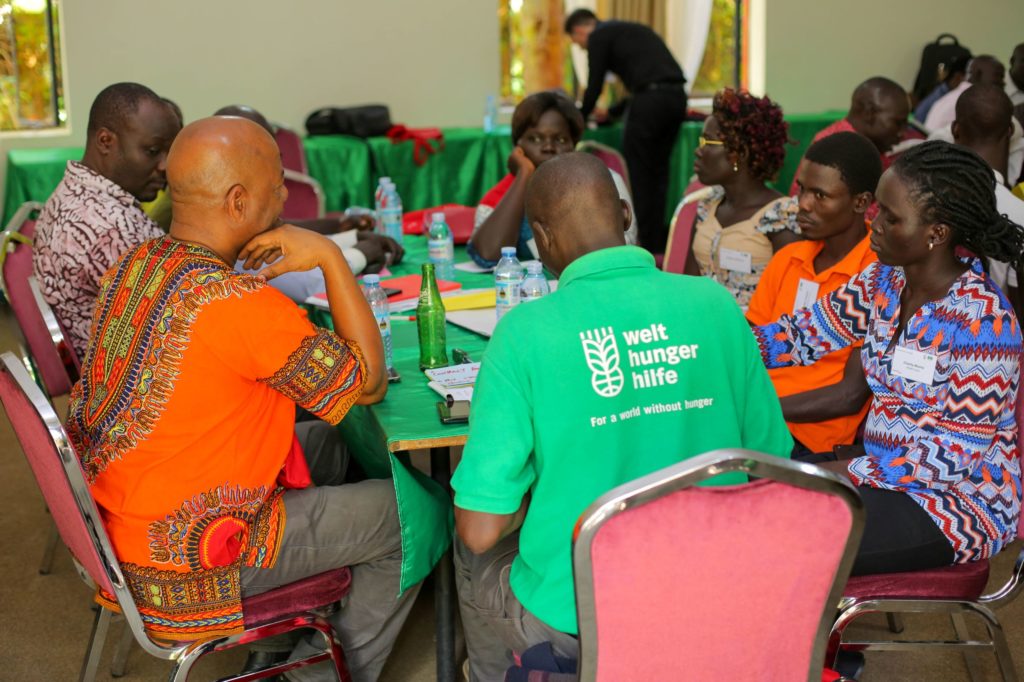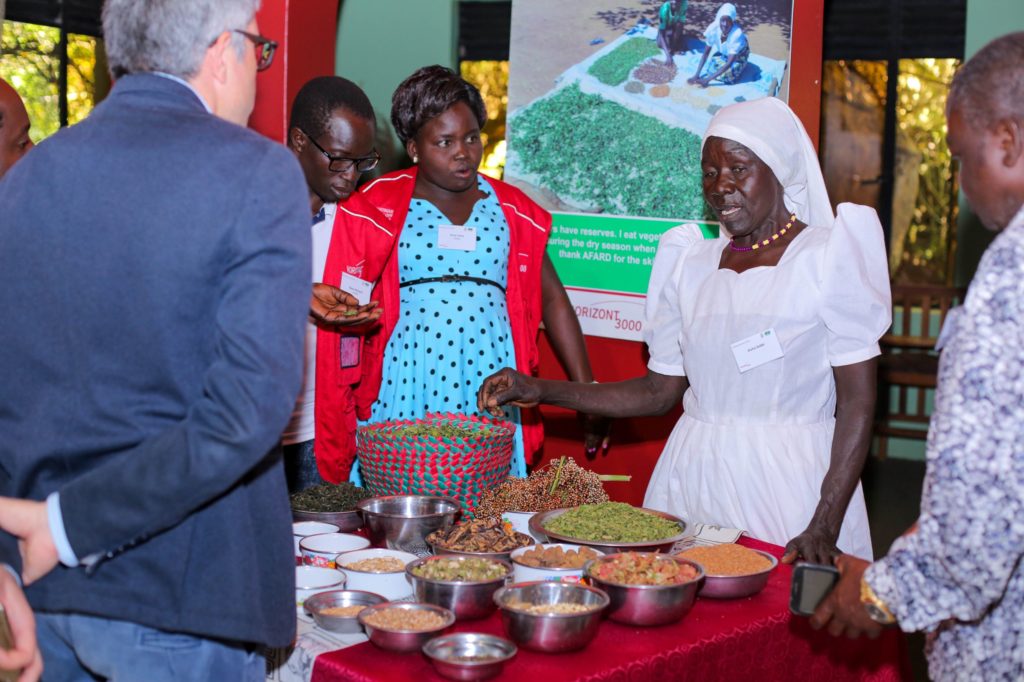Make Your Experiences Count. They Can Change the World.
LET’S BRING ALL OF OUR KNOWLEDGE AND EXPERIENCES TOGETHER.
TOGETHER WE KNOW MORE. TOGETHER WE ACHIEVE MORE. TOGETHER WE DO BETTER.
LET’S BRING ALL OF OUR KNOWLEDGE AND EXPERIENCES TOGETHER.
TOGETHER WE KNOW MORE. TOGETHER WE ACHIEVE MORE. TOGETHER WE DO BETTER.
Published: December 19, 2019
Sharing knowledge on securing livelihoods for South Sudanese refugees was the theme of a recent sharing event in Arua (20.-21.11.2019), Uganda organised by the resident NGO PALM Corps together with AFARD and HORIZONT3000. The event concluded the first joint project by AFARD and PALM Corps that aimed at securing livelihoods for South Sudanese refugees and host communities in West Nile Region, Uganda.

The event was well attended and drew participants from Office of the Prime Minister (OPM), Ministry of Gender Labour and Social Development, Ministry of Finance Planning and Economic Development (MoFPED), World Food Programme (WFP), UNHCR, District Local Governments and livelihood partners such as Welthungerhilfe. The full report can be found here:

More than simply presenting the results of a finalised project, the event was designed in a participatory manner with a world café session and an exhibition where beneficiaries told their stories and displayed their products and skills acquired during the project.

The project itself was presented by the project officers Flavia Vuni and Henry Acadribo who were interviewed by HORIZONT3000’s Friedbert Ottacher before the Executive Director of PALM Dr. Abbey Anyanzo and the programme manager of AFARD Robert Bakyalire presented the lessons learnt from good practices and a learning from failure, which you can find here:
Good Practice by the Agency For Accelerated Regional Development (AFARD):
Empowering refugee leaders of Farmer Field Schools to negotiate for land with the host community and so that they can transform their livelihoods.
Good Practice by the Agency For Accelerated Regional Development (AFARD):
Training youth groups in tree nursery and assisting communities in planting fast-growing tree species so they generate income in an environmentally sustainble business.
Good Practice by PALM Corps:
The project enrolled Ugandan and South Sudanese farmers in mixed farmer field schools and assisted them in planning and implementing farming activities.
Learning from Failure by PALM Corps: Achieving food security for refugees posed a major concern during the refugee crisis in Northern Uganda. The issue with providing seeds was to find a fair rationale for distribution.
Good Practice by PALM Corps:
Self-reliance for refugees through farming achieved by empowering farmers to sell collectively and negotiate with pre-selected buyers and thereby improve their income levels.
Throughout the event, participants were encouraged to share their own experiences, learn from each other and forge (new) connections. The event was the first of its kind in Uganda’s West Nile region and participants seemingly enjoyed the open atmosphere and participatory approach.